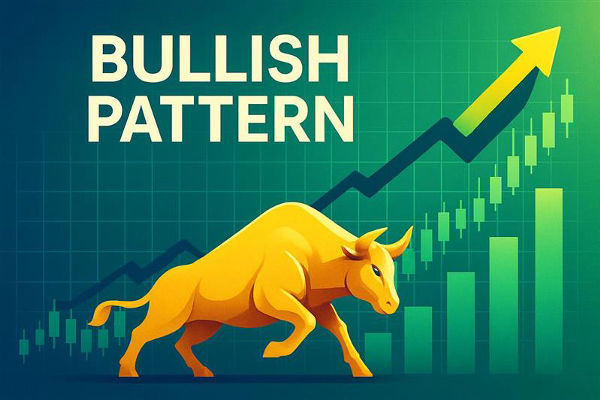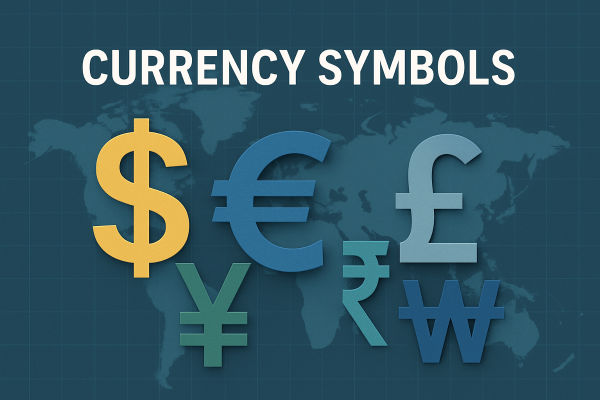Forex futures trading is a way for investors to engage in forex trading, which is a financial derivative traded on a futures exchange
based on changes in prices. Participants trade currency pairs
through buying and selling contracts.
Investors should understand the rules of forex futures trading,
such as exchange contract regulations, managing trading risks, conducting market
analysis, controlling the use of leverage and margin, and calculating trading
costs. At the same time, investors need to pay attention to market liquidity and
maintain a calm and rational trading mindset. By adhering to these rules,
investors can achieve success in forex futures trading.

The following are the basic rules for forex futures trading:
1. Contract specifications
The contract specifications for forex futures trading include
currency pairs, contract size, contract expiration date, etc. Traders need to
understand contract specifications and choose suitable contracts based on their
investment strategies.
2. Leveraged trading
Forex futures trading is a type of leveraged trading where traders
only need to pay a small amount of margin to control a larger trading amount.
Leveraged trading can amplify profits, but it also increases risks. Traders need
to use leverage cautiously to control risks.
3. Transaction time
The forex futures trading market is global, with trading hours of
up to 24 hours. Traders can choose appropriate trading times based on their own
schedules.
4. Market analysis
Forex futures trading requires market analysis, including
technical analysis and fundamental analysis. Technical analysis is to predict
the market trend through charts and indicators, while Fundamental analysis is to
predict the market trend through the analysis of economic data and political
events. Traders need to learn and master different analytical methods.
5. risk management
Forex futures trading carries risks, and traders need to take
appropriate risk management measures. This includes setting stop-loss orders to
limit losses, allocating funds reasonably, and avoiding excessive trading.
6. Trading Strategy
Traders can develop trading strategies based on their trading experience and
market analysis. Trading strategies can include entry points, stop-loss points,
and profit points. Traders need to flexibly adjust their trading strategies
based on market conditions.
7. Trading Platform
Forex futures trading can be conducted through trading platforms.
Traders need to choose a reliable trading platform and be familiar with its
functions and operations.
8. Trading discipline
Forex futures trading requires adherence to trading discipline,
including adherence to trading plans, execution of trading strategies, and
emotional control. Traders need to remain calm and patient and not be influenced
by market sentiment.
9. Trading Price and Margin
When forex futures trading is completed, both the buyer and seller
must determine the exchange rate for the transaction, and a certain proportion
of the margin must be paid to the members of the clearing house (company), who
will then transfer it to the clearing house according to regulations.
In short, forex futures trading requires traders to possess a
certain level of market knowledge and technical analysis ability, as well as
develop reasonable trading strategies and risk management measures. Only by
strictly adhering to trading rules and discipline can traders achieve success in
the forex futures market.







